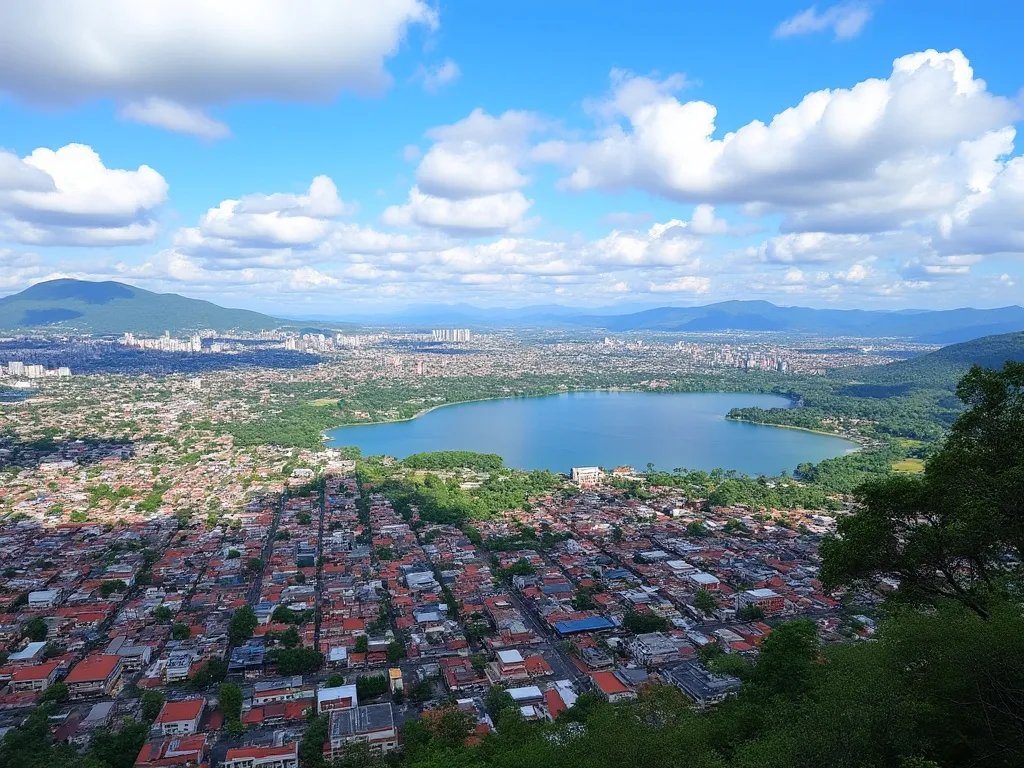
Managua is the capital and largest city of Nicaragua, a country located in Central America. The city is situated on the southwestern shore of Lake Managua, and its name comes from the Nahuatl language, meaning "place of the lord". Managua has a rich history, dating back to the pre-Columbian era, and has been an important cultural and economic center in the region for centuries.
Managua Information
| Country | 🇳🇮 Nicaragua |
| Population | 1,042,000 |
| Coordinates | 12.1333° N, 86.2667° W |
| Area | 267.2 km² |
| Climate | Tropical savanna climate |
| Language | Spanish |
| Currency | Nicaraguan córdoba |
| Time zone | Central Standard Time (UTC-6) |
| Proximity to other major cities | San José, Costa Rica (435 km), Tegucigalpa, Honduras (347 km) |
Historical Background of Managua
Managua was founded in 1819 and has been the capital of Nicaragua since 1852. The city has experienced significant growth and development, particularly during the 20th century, when it became a major industrial and commercial center. However, Managua has also faced numerous challenges, including earthquakes, volcanic eruptions, and civil wars, which have had a profound impact on the city's infrastructure and economy.
Geographical Location of Managua
Managua is situated in the western part of Nicaragua, on the shores of Lake Managua, also known as Lake Xolotlán. The city is surrounded by several volcanoes, including the Mombacho volcano, which is located just south of the city. Managua's geography is characterized by a mix of volcanic and sedimentary rocks, and the city is prone to earthquakes and volcanic eruptions.
Cultural Significance of Managua
Managua is a city with a rich cultural heritage, reflecting the country's indigenous, Spanish, and African influences. The city is home to numerous museums, galleries, and cultural institutions, including the National Museum of Nicaragua, the Museum of the Revolution, and the Rubén Darío Museum. Managua is also known for its vibrant music scene, which includes traditional folk music, as well as modern genres such as rock and hip-hop.
Economic Importance of Managua
Managua is the economic hub of Nicaragua, with a diverse economy that includes industries such as textiles, manufacturing, and finance. The city is also a major transportation hub, with several highways and a international airport connecting it to other major cities in Central America. Additionally, Managua is an important center for trade and commerce, with a free trade zone that attracts foreign investment and promotes economic growth.
Interesting Facts About Managua
- Managua is home to the largest cathedral in Central America, the Santiago de los Caballeros Cathedral.
- The city has a unique system of canals and waterways, known as the " Malecón", which runs along the shores of Lake Managua.
- Managua is home to the famous "Mercado Iván Montenegro", one of the largest and most vibrant markets in Central America.
- The city has a rich tradition of festivals and celebrations, including the "Fiestas de la Vendimia", which takes place in August.
Tourist Attractions in Managua
- The National Museum of Nicaragua, which features a collection of artifacts and exhibits on the country's history and culture.
- The Santiago de los Caballeros Cathedral, a stunning example of colonial architecture.
- The Mercado Iván Montenegro, a bustling marketplace filled with colorful vendors and local products.
- The Malecón, a scenic waterfront area with stunning views of Lake Managua.
Conclusion on Managua
Managua is a city with a rich history, vibrant culture, and stunning natural beauty. From its colonial architecture to its modern amenities, Managua has something to offer visitors and locals alike. Whether you're interested in history, culture, or adventure, Managua is a city that is sure to leave a lasting impression.
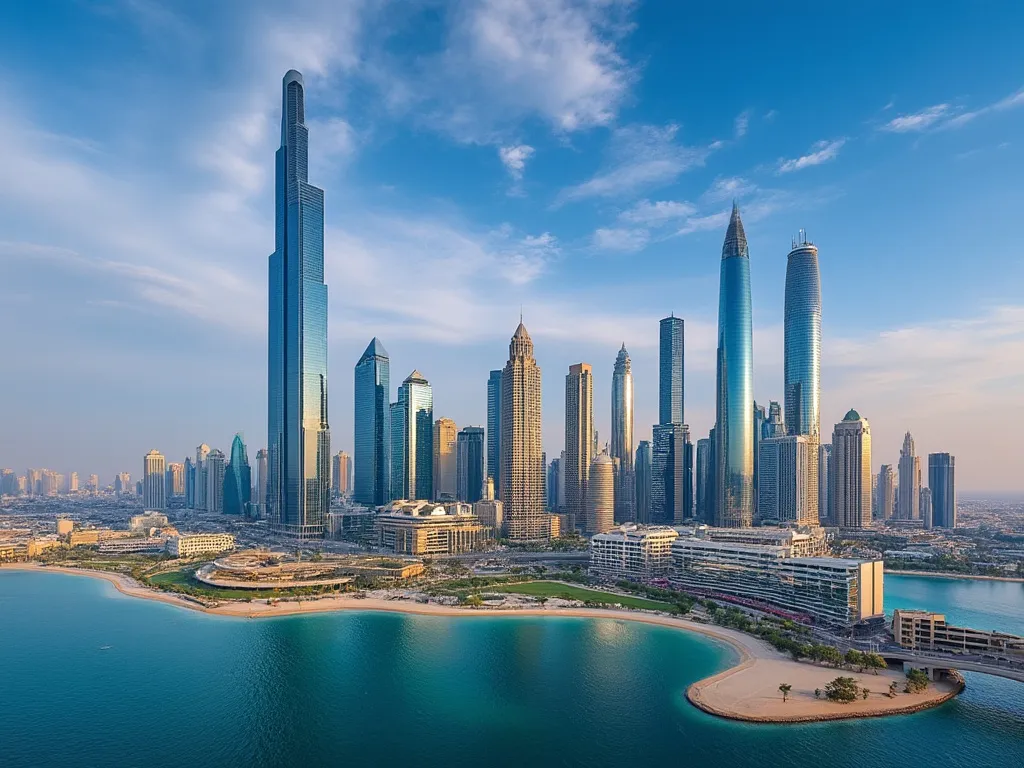 Manama
Manama
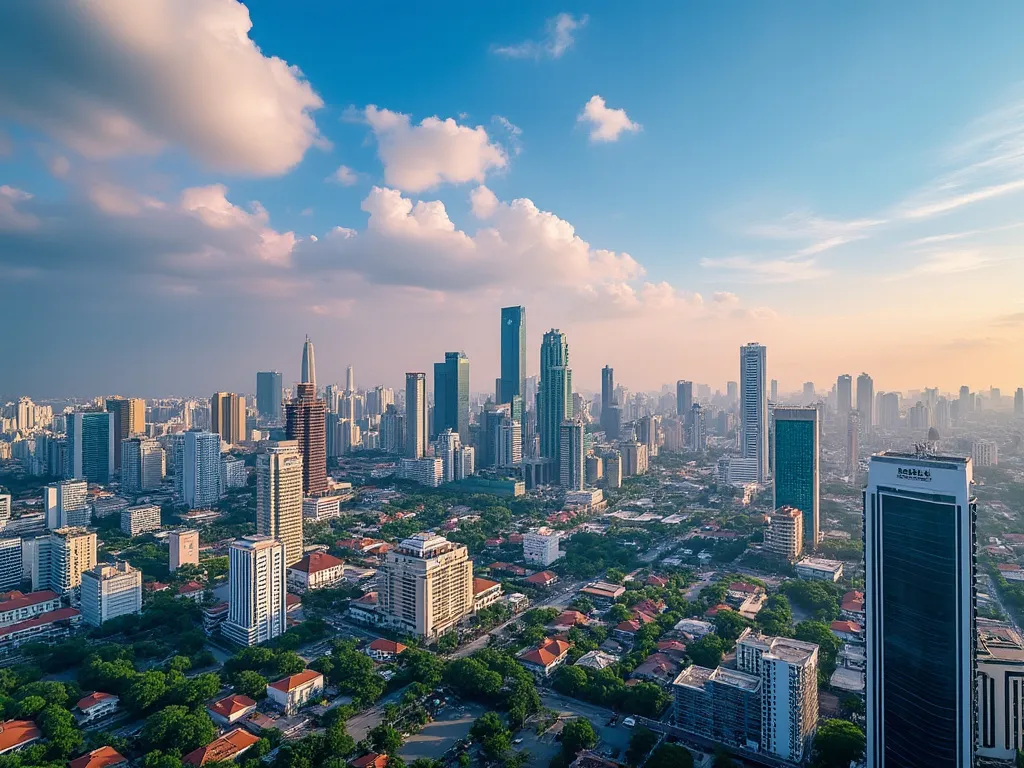 Manila
Manila
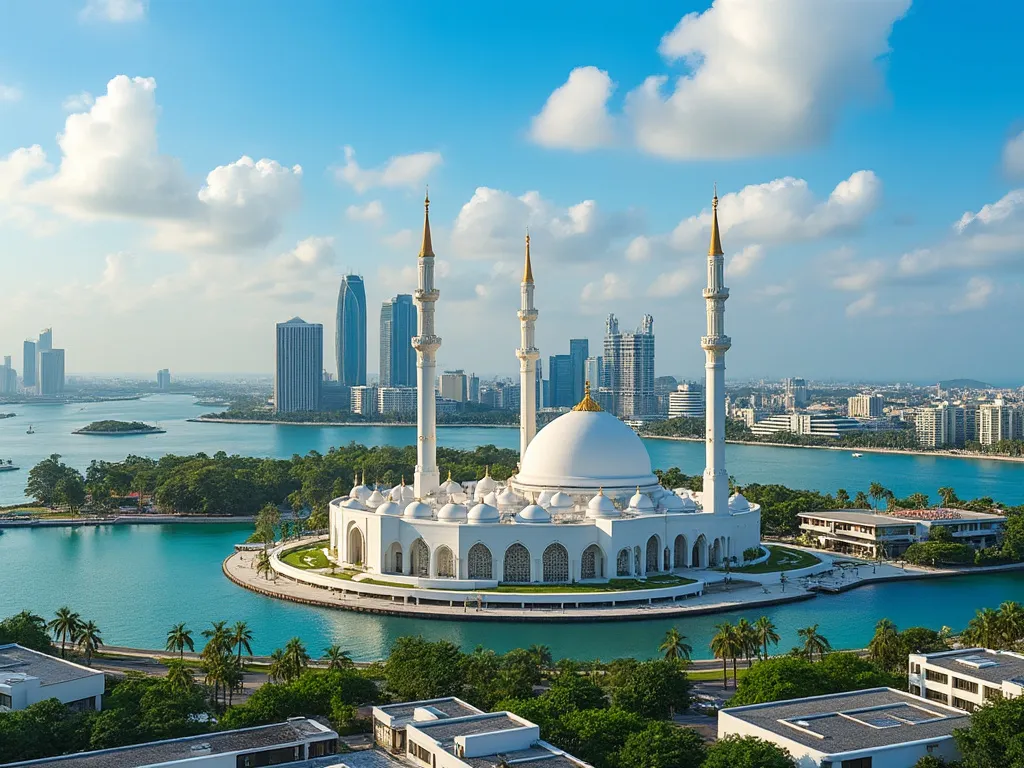 Malé
Malé
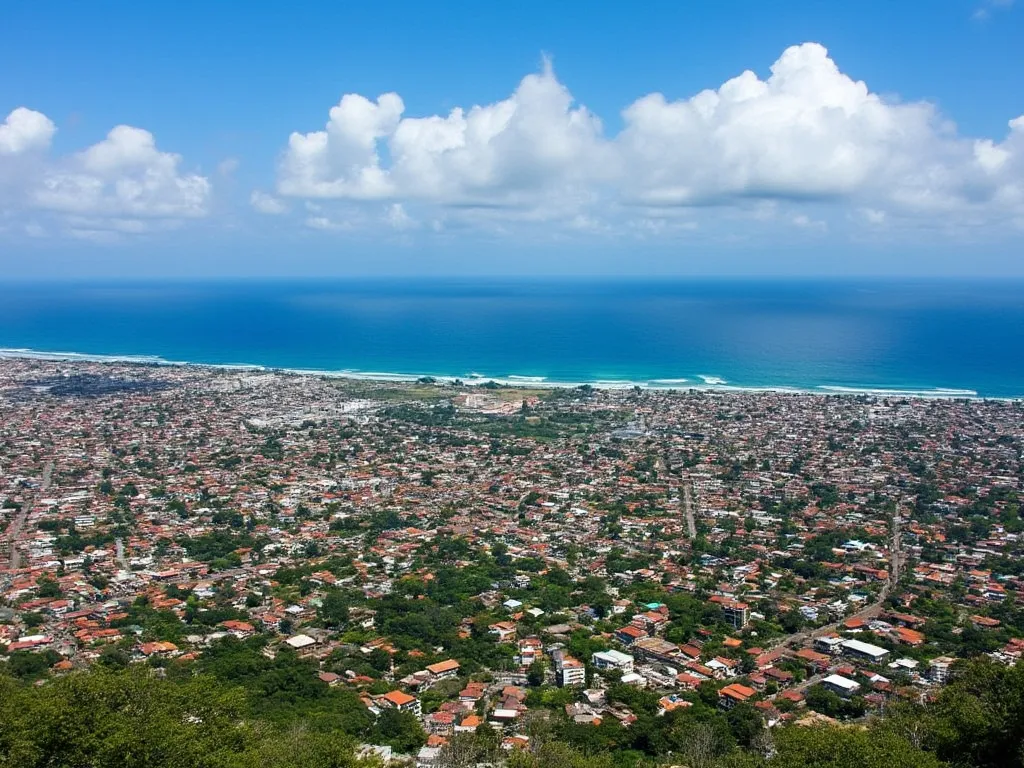 Mamoudzou
Mamoudzou